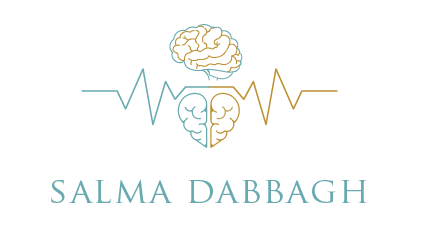Obsessive-Compulsive Disorder

Obsessive Compulsive Disorder (OCD)
Obsessive-Compulsive Disorder (OCD) is a mental disorder characterized by the presence of obsessions and compulsions that cause significant distress and can interfere with a person’s daily life.
- Obsessions: These are recurring and intrusive thoughts, images or impulses that cause anxiety or discomfort. These thoughts are usually inappropriate or irrational and go against the person’s will. Obsessions often involve topics such as pollution, fear of harming others, the need for symmetry or perfection, or religious concerns. Examples of obsessions include the fear of contracting a serious illness from touching surfaces, unwanted violent thoughts, or constant doubts.
- Compulsions: These are repetitive behaviors or mental acts that a person performs in response to obsessions to reduce anxiety or discomfort. Compulsions are often performed ritualistically and may include actions such as washing hands repeatedly, constantly checking to see if a door has been closed, or counting objects over and over again. Compulsions temporarily relieve anxiety, but they do not solve the underlying problem and often lead to more stress in the long term.
Treatment for OCD typically involves cognitive behavioral therapy (CBT), specifically a form called Exposure Response Prevention (ERP). In ERP, the person is gradually exposed to their obsessions while being prevented from carrying out the compulsions. This helps reduce the anxiety associated with obsessions and change the automatic response to perform compulsions.

